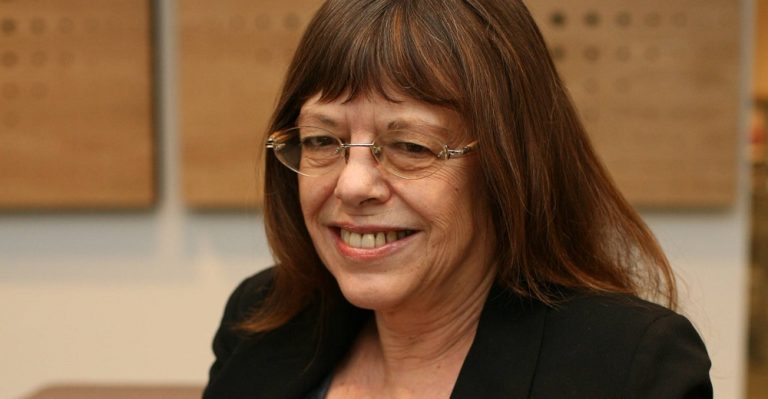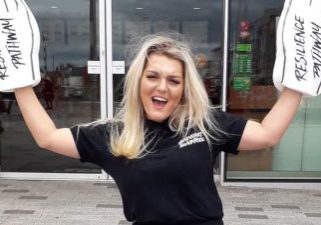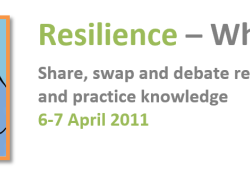Topic Why focus on resilient communities and what does the lockdown tell us? – Diana Rose
Session Summary I offered this session as a survivor of mental health services, a sometime academic and an activist. My histories or standpoints are important. Young working class girls like me in the 1950s and 1960s were taught that what mattered were our individual characteristics – appearance, personality, intelligence. When I first cracked up it was my person that had gone wrong and the appropriate treatment was drugs or ECT to correct my brain or CBT to correct my individual mind.
It was not until I discovered that I was not lonely in a crowd, but could be part of a collective where we supported each other, and could do that because we had shared experiences that ultimately were the basis of a form of collective knowledge, potentially challenging to mainstream thought and practice. This focus on the individual – in need of correction or as resilient – has not gone away. In mental health, it is inevitably the singular person, stripped of social context that is the suitable case for treatment. In education it is the attainment of the individual pupil. In work it is the person who can climb highest on the supposed meritocratic ladder. Indeed, this picture is now very sharp in the question of who succeeds and who fails in the political economy of austerity. In other words, who is / has resilience and why?
I wanted to approach this differently and think about resilient communities; communities where those who struggle are not ostracised but understood, indeed where fewer people struggle. To pose questions: what makes for a resilient community; are they geographical, virtual or something else; are they always based on shared attribute(s) or experiences; why is the collective so much more than the individuals who make it up, and finally, in these days of COVID, what happens when community almost disappears?
Biography Diana Rose is about to retire as Professor of User-Led Research at King’s College London. She has been a user of mental health services for half a century, had two academic careers and discovered activism in between, at a moment when she was most mad. She is also physically disabled. At the same time she holds the privilege of being white and educated. Although an ‘academic’ she could not function without the support of peers, some of whom are researchers and some of whom have to navigate the welfare benefits system in England. She hails from Scotland and although the Education System is better the Benefits System is just as bad.
Who might be most interested Academics, practitioners, researchers, students, carers, community workers, service users, people with lived experience of mental health problems.
Key Readings
Rose, D. (2018). A hidden activism and its changing contemporary forms: mental health service users / survivors mobilising. Journal of Social and Political Psychology, 6(2), 2195-3325. DOI:10.5964/jspp.v6i2.952
Rose, D. (2019). Blog: Participatory research and power
This session took place on Wednesday 8 July 2020.
If you like what you see and you want more, More, MORE, why not subscribe to our mailing list You’ll receive our email newsletter with details of our upcoming Resilience Forums, training and other events, news and resources (most of which are free!), and any other products and services that might be of interest. This is a web-based service and it is very easy to subscribe, unsubscribe or update your email address at any time.
The Resilience Forum is for ANYBODY (with a pulse!) involved with or interested in resilience research


